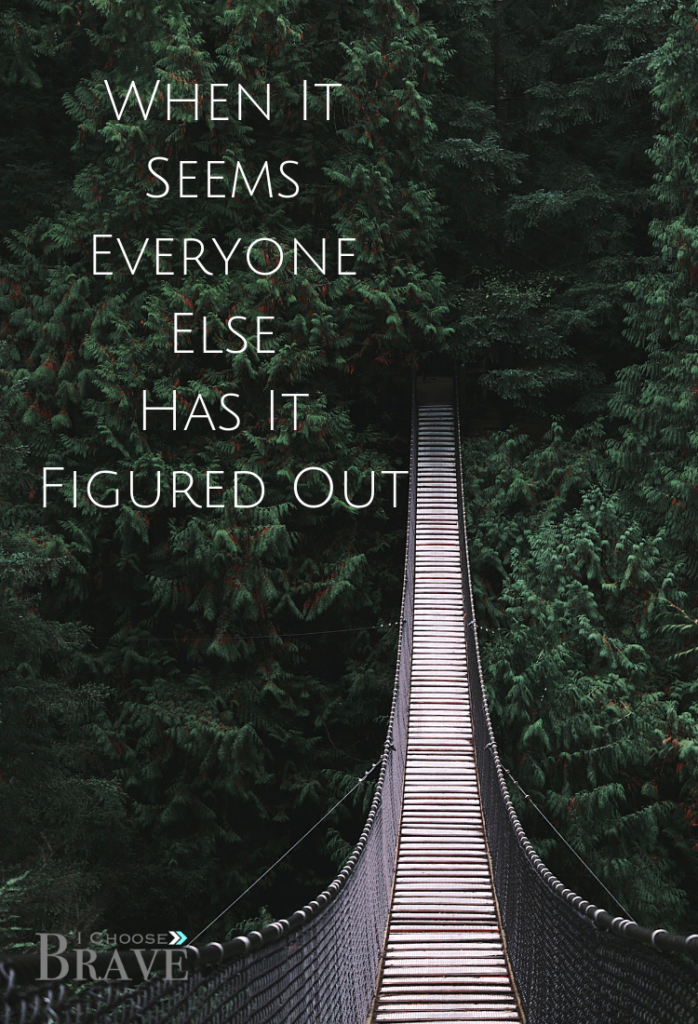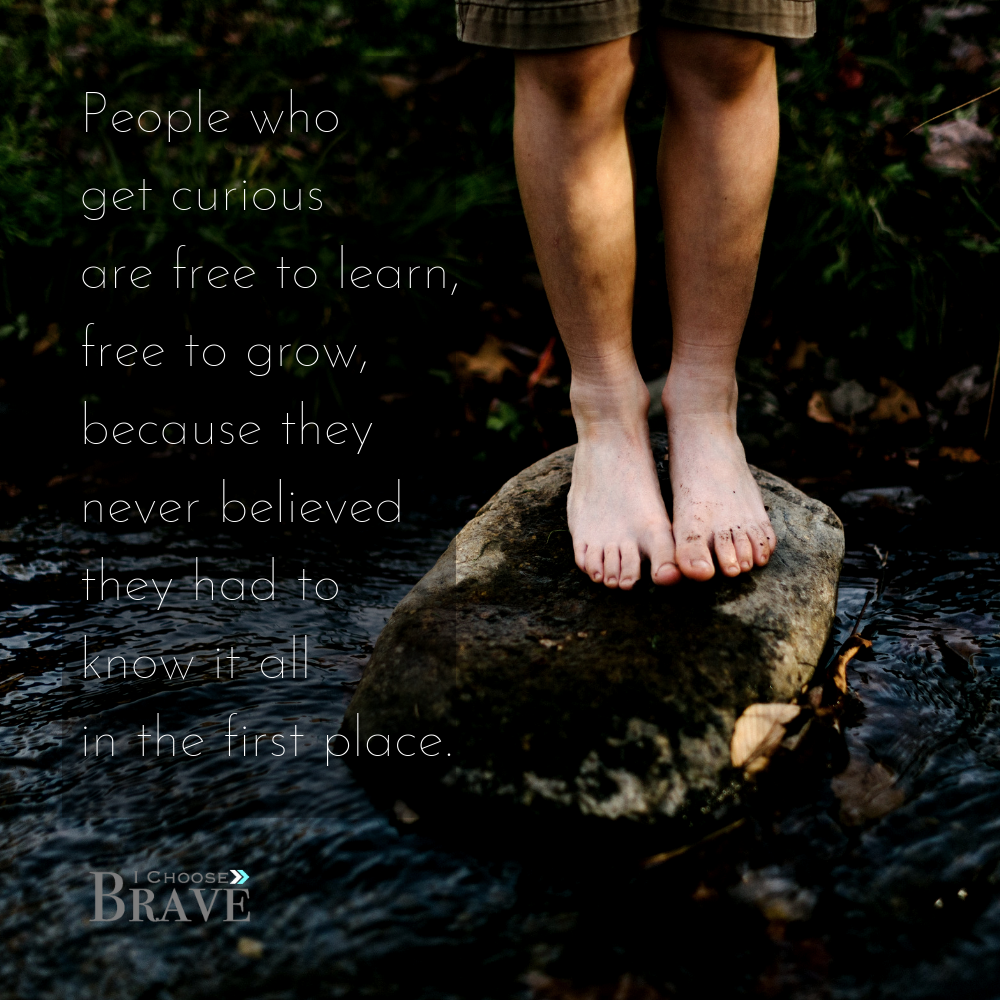The three men strode confidently through the door of the coffee shop and I broke gaze from my computer for a second. They were well dressed, business-like with expensive haircuts, and none of the faces were familiar. Out-of-towners, I thought to myself, and got back to the work in front of me.
Small town girls in small town coffee shops can usually spot this sort of thing.
They took a table one over from mine and their banter, a little too loud for my preferred working environment, confirmed my suspicions. They had just finished their hotel breakfast, landed here in hopes of stronger coffee, and were now discussing conference calls and client meetings. Sufficiently uninterested, I guided my thoughts back to my laptop.
But one of the men tossed out a question that drew my interest right back to their table. “Hey, what are those trellised crops I’ve seen growing here? They’re about 15 feet high, straight up.”
“I think those are…hops?” One of the other men responded, his confident tone weakened.
“Are they picking them?” The asker shot back.
“No, I don’t think so. I think cherries are in season here right now.” Business man #2 responded.
I looked up at these men and couldn’t hide my smile. They were asking each other questions my 7 year old could answer for them. My kids and I, all born and bred in this valley, know when the cherries are ripe because we watch them redden from the front window of our home.
Just past our backyard, we can see the hops crawl, ground up, on those 18 foot trellises. We can tell you when harvest begins because traffic on our quiet country road doubles for a couple weeks, as the vine-filled trucks make their way to and from the fields.
These men, who from quick observation appeared to be astute and accomplished in their field of knowledge, were asking questions about things that were new to them. Things they had not observed before. Things that were quite elementary to anyone who actually lives here.
I haven’t learned that yet.
A couple week ago I sat in a homeschool training and listened to a woman talk about the deeper why and how of home education. She talked about being lead learners, modeling a hunger for Truth for our children. But beyond the attainment of knowledge, she discussed our attitude toward all the things we don’t know. Rather than declaring the unknown with finality, “I don’t know that.” She chose her words carefully, “I haven’t learned that yet.”
Fascinating, isn’t it? There are different ways we can view and approach the limits of our knowledge and experience. And that view, that approach, can make a pretty huge difference.
Watch the world around you. We all live with limited knowledge – things we know well and things we don’t know at all. That’s a fact. But our responses when we bump into those boundaries vary.
Sometimes we shrink.
We let “I could never…” statements slip past our lips, talk loud in our minds. We become convinced those limits are laws, those boundaries are prisons bars that define what we can and cannot do.
Sometimes we bristle.
We get defensive with our limits and craft them into barriers and walls. We draw hard lines between the things we know and don’t know, and the people who know and don’t know them. The world becomes us and them.
And other times we get curious.
Rather than getting comfortable with our limits we get comfortable with not knowing. Do you see the difference there? People who get curious are free to learn, free to grow, because they never believed they had to know it all in the first place. They are free to ask the dumb questions about some things and free to have the answers about others.
This curiosity, this brave wondering, is vital. This is what Moses was doing Exodus 3:3 when he said, “I will now turn aside and see this great sight, why the bush does not burn away.” He didn’t shrink or bristle, he stepped forward with curiosity, toward what he didn’t really know or understand, and it was in that moment that God spoke.
Imagine how Ruth did this when we she returned to Bethlehem with Naomi – a land where she didn’t know the people or the customs. She didn’t shrink or bristle, she was curious – humble enough to listen to Naomi’s advice and brave enough to roll up her sleeves and get to work. The same could be said of Esther and so many others who found themselves in new and unfamiliar places, clueless beginners who trusted God and were not afraid of what they did not know. They stepped right into that, knowing the One who hems them in behind and before.
I just haven’t learned that yet.
I wonder what limits you might be shrinking back from or bristling against. What boundaries of your knowledge or experience have you viewed as prison bars, walls, rather than the base, the foundation, of a brave beginning?
Don’t be afraid to be a beginner, friend. There is freedom here. Yes, it is work to learn and grow, but it’s actually kind of fun to be a sponge and shed the weight of expectation. There is so much to see and do here. Don’t stymie that. Give space, inhale grace, to keep growing. Feast on the opportunity to learn and keep learning here and next time you bump into things you don’t know, don’t cower even for a second.
Remind yourself, and all the world watching you, I just haven’t learned that yet.



Curiosity-nurturing. Wisdom-seeking. Yesyesyes! Love your illustration, Katie—& Moses’ and Ruth’s, too. An then there was the Queen of Sheba traveling all that way for an audience . . .